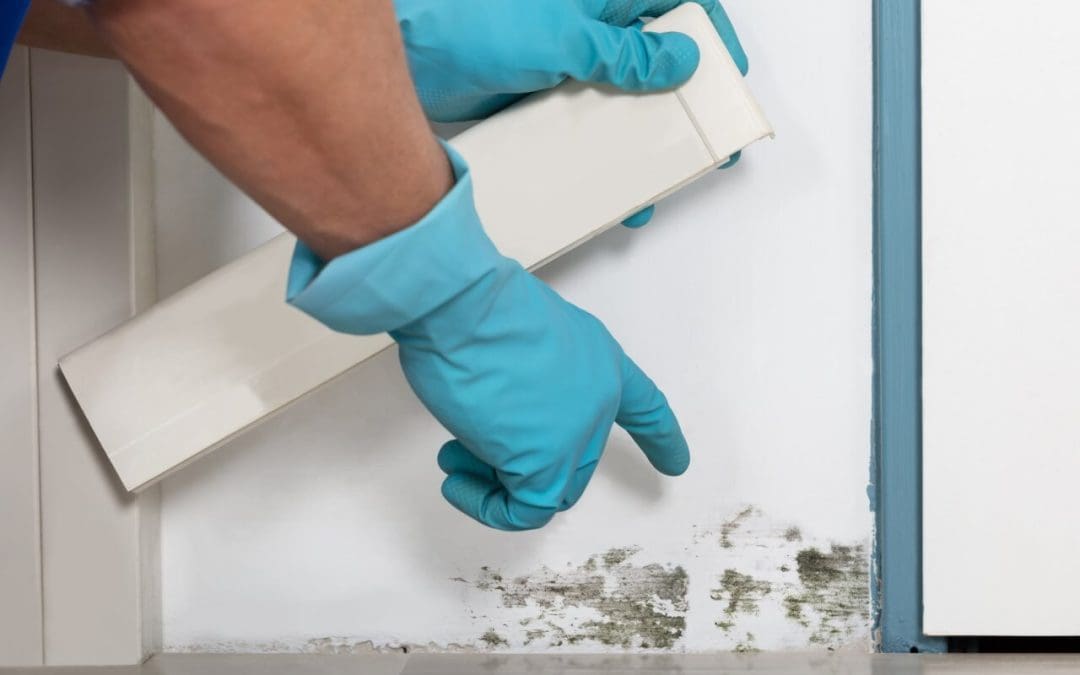Basement mold is a common issue in many homes, and if not addressed promptly, it can lead to significant health and structural problems. This post explores the causes of basement mold, its effects on your home and your health, and the solutions available to mitigate and prevent its growth.
What Causes Basement Mold?
Basement mold thrives in environments where moisture is prevalent. The most common causes include inadequate ventilation, high humidity, and water leaks. Basements are particularly susceptible because they are often below ground level, making them more likely to experience water infiltration from the surrounding soil. Condensation from temperature differences between the interior and exterior of your home can also contribute to the problem. Also, plumbing leaks and roof runoff seeping into the basement can create a perfect breeding ground for mold spores.
How Does Mold Affect Your Home?
Mold can cause significant damage to your home over time. It feeds on organic materials such as wood and drywall, weakening structural components and leading to costly repairs. Mold growth can also produce a musty odor that is unpleasant and difficult to remove. As the mold spreads, it can cause deterioration of the materials it grows on, potentially compromising the integrity of your home’s structure.
Health Implications of Mold Exposure
The health effects of mold exposure can be severe, especially for individuals with respiratory conditions, allergies, or weakened immune systems. Mold spores can trigger allergic reactions, asthma attacks, and other respiratory issues. Prolonged exposure can lead to more serious health problems, such as chronic sinusitis and lung infections. Ensuring your basement is mold-free is crucial for maintaining a healthy living environment.
Preventing and Addressing Mold Issues
To prevent basement mold, controlling the moisture levels in your home is essential. This can be achieved by ensuring proper ventilation with dehumidifiers and fans and sealing any cracks in walls and floors to prevent water seepage. Regular maintenance of your home’s plumbing and roofing systems can help avoid leaks that contribute to mold growth.
If you discover mold in your basement, address it immediately. Small areas of mold can often be cleaned with a mixture of water and detergent, but larger infestations may require professional remediation. During the cleanup process, it is crucial to wear protective gear and ensure that the affected area is well-ventilated to prevent the inhalation of mold spores.
Basement mold is more than just a nuisance; it’s a potential hazard to your home and health. By understanding its causes and effects and taking proactive measures to control moisture and address mold growth, you can protect your home and your well-being. Regular inspections and maintenance are key to keeping your basement mold-free and ensuring a safe and comfortable living environment.
Basement Mold FAQs
What role does insulation play in mold issues?
Improperly installed or damaged insulation can contribute to mold problems by trapping moisture against walls and creating a warm, humid environment where mold can thrive. Ensuring proper insulation and sealing can help prevent mold growth.
What are some common mistakes people make when trying to remove mold?
Common mistakes include using bleach for mold removal (which may not kill all mold spores and can sometimes worsen the problem), not addressing the underlying moisture issue, and not wearing appropriate protective gear during cleanup.
Can installing a vapor barrier help with basement mold problems?
Yes, installing a vapor barrier can help by preventing moisture from the ground from entering the basement through walls and floors. This can reduce the humidity levels and minimize the conditions conducive to mold growth.
How does basement mold affect real estate value?
Basement mold can negatively impact real estate value by causing potential buyers to perceive the property as having maintenance issues or health risks. It may also lead to reduced offers or the need for costly repairs before selling.
Griffin Home Inspection provides comprehensive inspections to homebuyers and sellers in Sumter County, SC, and the surrounding areas. Contact us to request our services.

